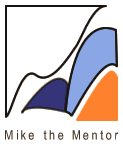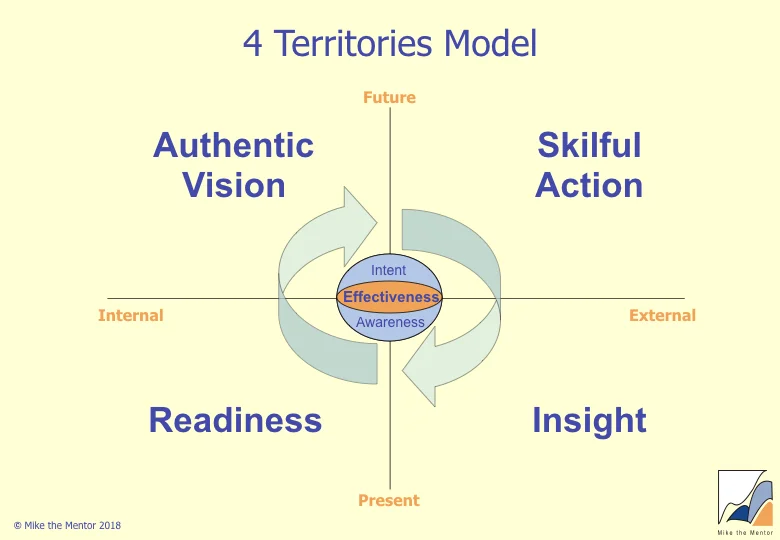Strengths, Weaknesses and Learned Behaviours
/I generally carry out a Feedforward process to gather information from stakeholders about the person I am coaching. Feedforward is distinguished from Feedback by focusing primarily on what the person needs to do differently to be more successful in their job, rather than on their current level of competence and performance.
As well as asking about the changes they would need to make to be more successful I also ask about their strengths. People are often unaware of their particular strengths, often dismissing them saying "But anyone could do that" and not realising that what come easily to them others may struggle to do. Helping people be clear about their strengths helps them be better at playing to those strengths - and also ensures that, in making changes as a result of the coaching, they don't stop doing things that if anything they should be doing more of!
A More Nuanced Approach
Alex Linley has developed a rather more nuanced approach to working with strengths. Those strengths that the simple questions I have been asking elicit he calls Realised Strengths . Realised Strengths are strengths you use, which energise you and which enable you to perform well. Unrealised Strengths are also attributes that you find energizing and perform well, but which you don't have or take the opportunity to use, or which you are maybe unaware of.
Learned Behaviours are attributes that you have learned to do well but which are not based on a natural talent and which therefore de-energize you. These Learned Behaviours can look like strengths because you are good at doing them - but they aren't because a key characteristic of strengths is that they are natural talents which you tend to perform effortlessly and which energize you. Finally Weaknesses are attributes you find hard to do well and which are draining to use.
To maximize performance and energy levels you should therefore seek to marshal your Realised Strengths for maximum performance, maximise your use of your Unrealised Strengths , moderate your use of Learned Behaviours , and minimise your use of Weaknesses .
Strengths Assessment Tool
Thus far, quite interesting. But what Alex and his team at CAPP have also done is to create an instrument which asks you to rate 60 attributes according to how energising you find them, how good you are at them, and how often you use them. This provides the raw data from which your Realised Strengths and Unrealised Strengths , your Learned Behaviours and your Weaknesses can be identified.
I've completed the questionnaire. I wasn't surprised by my Realised Strengths (Listener, Service, Esteem Builder, Mission, Counterpoint, Growth, Curiosity). They seem well suited to a coach. Nor was I surprised by my Weaknesses (Resolver, Action, Competitive). I do tend to put off resolving issues, dislike taking action without having time to reflect, and am not motivated by competing with others.
I was encouraged and surprised by some of my Unrealised Strengths (Order, Narrator, Creativity, Authenticity, Explainer, Change Agent, Centred). I am aware of these as strengths - but was shocked by how little some of them are realised in my life at the moment. Reflecting on this has been very helpful in my exploration of how to develop my professional practice.
But it was my Learned Behaviours that I was most surprised by (Prevention, Self-awareness, Personal Responsibility, and Work Ethic). Each of them is a behaviour I am good at, and I have always thought of them as strengths. But I had not realised till now how much they do drain me. To take the one I was most surprised by - Self-awareness. I have always thought of this as one of my natural talents! But the report suggests that I have learned to spend time understanding my behaviour, my emotions, and my responses to different situations, as well as my strengths and weaknesses. Through doing this I have got to know myself well such that my behaviour rarely surprises me. So whilst it is something I am good at, it is not something that comes naturally but requires hard work. This would explain why I struggle with activities like meditation. This learned behaviour probably has it origins back in early childhood - it would presumably have to be pretty deep-seated for me to have put all the work I have into developing my self-awareness. So I am now wondering about how I might be more selective in using these Learned Behaviours.

